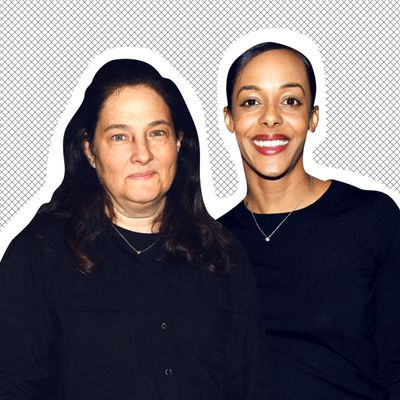
Uncertainty is good for you. So is the ability to adapt well to change. On Monday at the Cut’s How I Get It Done Day event, senior editor and The Cut on Tuesdays podcast host Molly Fischer spoke with two women who have managed and created change in the literary world: Lisa Lucas, the first woman and first African-American executive director of the National Book Foundation, and the award-winning author A.M. Homes, who is known for writing novels and short stories with sharp, dark humor. Both women agreed it’s all about remaining disciplined in your work while taking measured risks.
Under Lucas’s leadership, the National Book Foundation’s annual “5 Under 35” award has consistently championed women and people of color in an industry where major literary prizes are often dominated by white men.
“It’s not like I invented celebrating great literature,” she said. “People have been doing that for hundreds and hundreds of years. But you have to think about other communities, and what that means today. Is it just about putting [books] into an ivory tower and making sure it’s remembered for posterity, or is it active?”
To push for change in a large institution, she said she suggested new ideas again and again while accepting that she might anger other people, and that her ideas might not work out. “If you have the discipline to prepare what you can to the best of your ability, and then you just do it over and over again, it ultimately gets less scary,” she said.
Homes said embracing change has allowed her “to be intellectually and creatively limber” and excel in multiple art forms. For over 30 years, Homes has written novels, short stories, and creative essays. She’s also written and produced television shows such as The L Word, which required her to shift from working alone to collaborating with other writers. “That piece of change or evolution is super important,” she said, “because I think it gets dangerous when you become so routinized that you actually can’t do something another way.”


